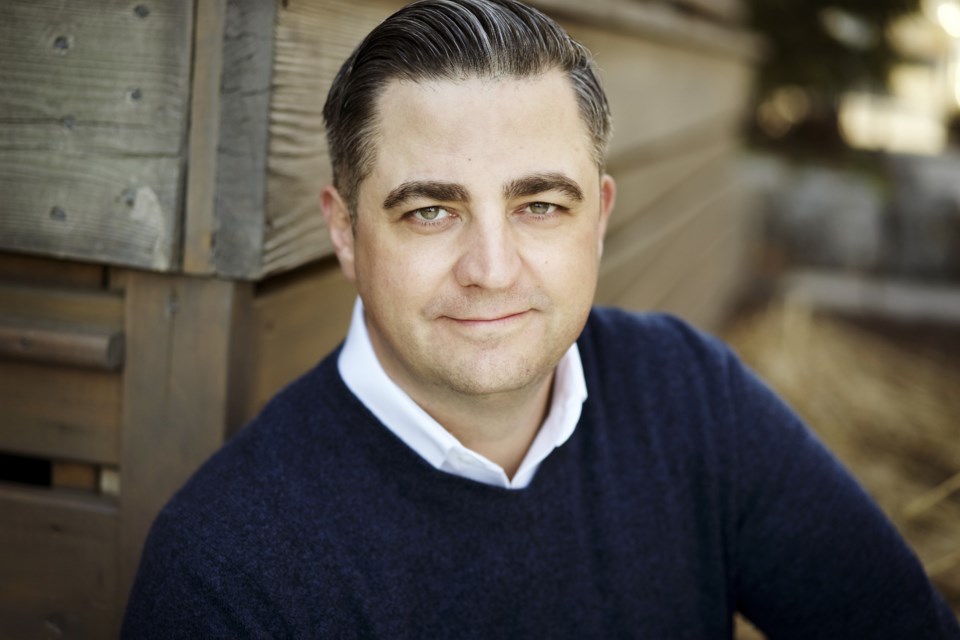If there’s one common thread that weaves working people together it’s the universal dream of retirement. It’s the ultimate goal of achieving security, comfort and freedom.
Of course, to make the dream come true, it must also include the thought of retiring with enough money. This would make a retirement worthy of dreaming about. Now, ensuring that the dream doesn’t turn into a financial nightmare requires personal action and a strong financial plan.
The financial plan is your roadmap
“A good financial plan is one that represents a roadmap. It’s about starting where you are now and ending where you wish to be,” says Darren Devine, President of Devine and Associates Financial Services Inc. “You want to go somewhere that you haven’t gone before so you need to have a map. A financial plan is that map, but it’s also a planned route and directions.”
Plotting out a route that ends with financial security in retirement is not a one-and-done exercise. Devine says there are many tactics a good financial planner will use during the full length of your journey. These tactics can help keep your plan flexible and on track.
“Meeting with an advisor frequently can help you on your financial journey. An advisor can help answer specific questions and adjust your plan to meet short and long term goals. They can find new opportunities or identify any gaps that may prevent you from reaching your goals,” Devine explains. “A financial plan isn’t something you set up once and forget about it. Good advice can make a big difference. It helps you prioritize goals and protect yourself, so you worry less about money and can focus on the bigger picture.”
Building on a solid financial plan
“To have a solid financial plan, you require a strong base,” Devine says.
“Imagine you’re budgeting for a week long vacation. In order to ensure everything goes well, you need to have the basics. These basics, like a place to stay and how to get there are your vacation’s foundation,” Devine says. “It’s important to see how your money flows in and out to understand what you can afford. Next is determining to map out what’s left of your vacation budget to spend on other things.” You can start with essentials, like insurance, that can help cover yourself from unknown circumstances such as:
- Health insurance to help cover any major expenses, should you fall sick
- Disability insurance to help replace your wages if an event occurs where you’re not able to work
- Life insurance that helps cover your debts after death
After that, you can then start to focus on the finishing touches of your vacation, like activities or events. These finishing touches translate into future financial goals to aim for. Financial goals can include a registered retirement savings plan (RRSP), tax-free savings account (TFSA) or registered education savings plan (RESP) if a child’s education is part of your journey.
Establishing a personal financial plan early in life can be helpful. This helps to build equity over a long period of time. However, Devine says that starting a plan at any age has other benefits. This can include teaching you to budget, helping lower your debt and helping you to start thinking earlier about retirement.
“It’s always a good time to start. Financial planning isn’t demographically or socio-economically based. It’s all relevant to the person’s unique situation,” says Devine. “Someone could be making $100,000 per year, keeping 60% of his or her income and planning to retire at age 65. It’s no different than someone whose making $30,000 per year who wants to retire at age 65. All that changes are the materials to work with.”
To get a head start on your financial plans, contact Devine & Associates Financial Services Inc. at 519-780-1730 or email [email protected].

